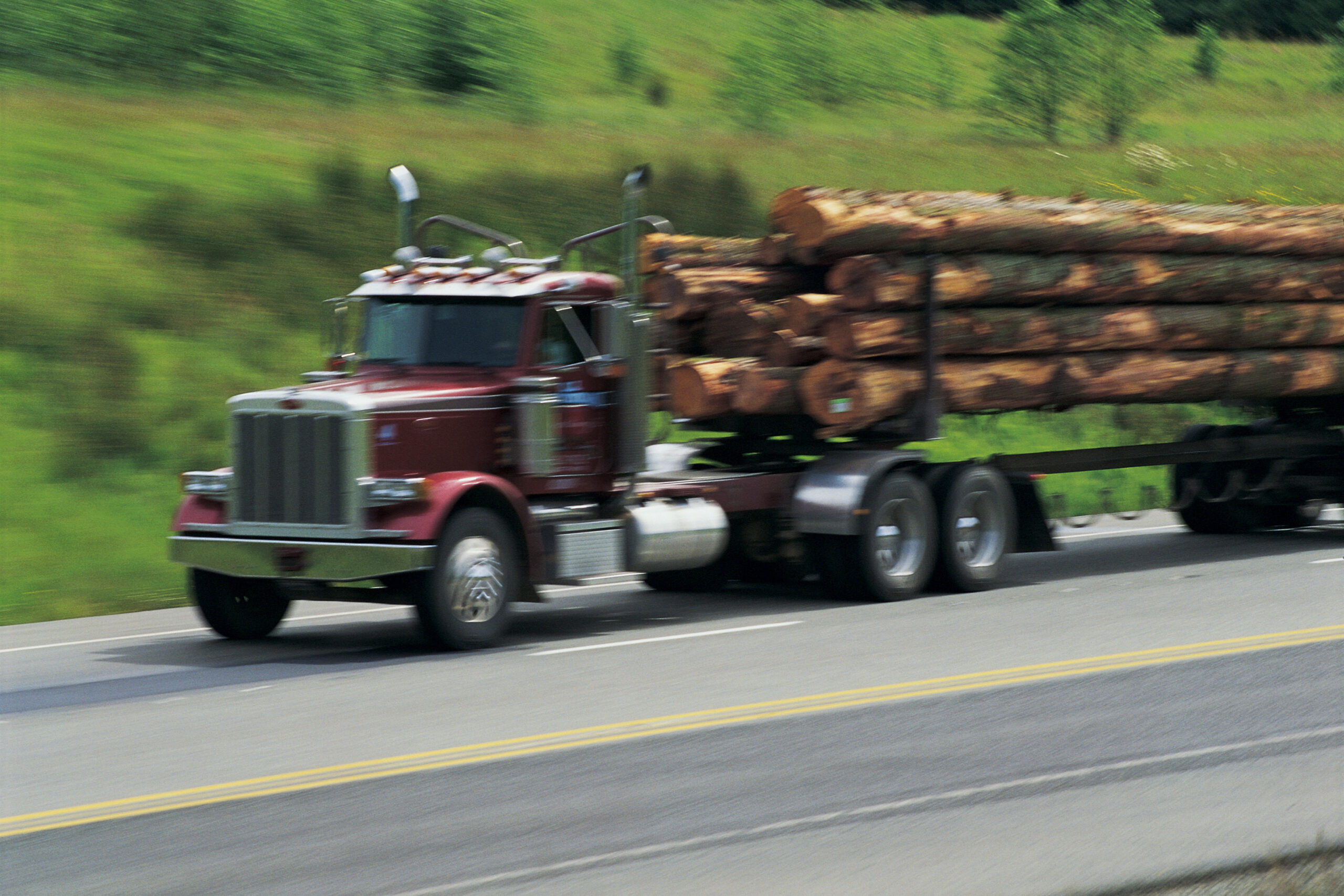
Loose Loads Happen when Cargo isn’t Secured Properly
Whenever a big rig hits the road, they have a checklist they need to go through so they can ensure they are loaded properly and their rig is safe for highway travel. Unfortunately deadlines, rushed orders, and sometimes just being lazy causes these safety checklists to go unchecked. When that happens, the loads that these trucks are carrying can become deadly for anyone driving nearby. The Car Crash Captain looks at how loose loads are illegal and deadly.
What is Cargo Bracing and Securing?
Bracing and securing is a particular method of securing the cargo to the trailer of a semi-truck. It includes a variety of methods, such as bracing a load that could potentially roll (think about big spools of metal or wire). It can also include lashing, tie downs, anchoring, and more. Essentially it’s ensuring that no matter what happens on the road, no matter what weather blows through, and no matter if the driver is conducting the vehicle erratically, the cargo will be braced and secured against “falling off” the trailer and causing a road hazard.
The rules regarding how to tie down a load are strict and well laid out by the FMCSA. These rules are put in place after injury and death has occurred, and the FMCSA reviews what happened. When they find out that systematizing how a load must be secured, they implement rules on how it must be done. Failure to secure a load is an explicit regulatory violation and evidence of negligence.
How does Bracing Fail in the Real World?
Most of the time loose loads happen not because of willful negligence on the part of the driver, but ignoring the fact that different loads require different bracing and securing.
For example, a truck driver hauling a load of lumber will use different straps and methods than one hauling rolls of sheet metal.
Common failure methods include using the wrong tiedowns (those that are not rated to handle the cargo being hauled), improper anchor points, improper blocking and bracing, old equipment that can no longer handle the stress of the load, and failure to understand the forces applied to the load during braking and turning.
Just because a strap is rated to a certain amount doesn’t mean that strap will actually hold during the entire trip. Suppose you have a strap rated to 1,000 pounds and you secure cargo of 1,000 pounds with it. As long as it’s just sitting there, no worries. But when braking, turning, and to a lesser extent accelerating, the force applied to the cargo greatly exceeds 1,000 pounds.
Likewise, the force isn’t always applied where in one direction. The load might be adequately secured in all areas, except for one. During a particular turn, or curve in the road, the load puts too much pressure on a less-than-adequate strap, and the entire thing fails.
Who is Liable when Loose Loads Fail?
Like all commercial vehicle accidents, it’s not always the driver’s fault when a wreck occurs. There are many different parties involved in these shipments, and the fault can lie with more than one party.
The driver is responsible for checking the equipment before hitting the road. However, manufacturing defects can cause problems. The trucking company might not supply the right equipment, or equipment that isn’t rated for the load the driver is hauling.
By looking at the driving records, maintenance records, load manifests, driver training, and more, your commercial vehicle crash attorney can help you receive the compensation you deserve after you have been injured in a wreck.
Talk to Herbert Law Group if You’ve Been Injured
Herbert Law Group has helped countless victims of commercial truck wrecks in the Dallas, Texas area. If you have been involved in a crash, and you have been injured (or a loved one was killed), you need a truck wreck lawyer on your side. From our offices in Richardson, we serve clients from all around the area including Dallas, Fort Worth, Plano, and more.
First, we have to know what happened. Call our offices at 214-414-3808, or fill out the contact form on our site, and we’ll have a free conversation to discover how we can help you find justice.